Bengaluru, Mar 15: The Karnataka government on Saturday said it would advice IT companies to allow employees to work from home as most coronavirus affected patients or their relatives were from this sector.
"If anybody (IT companies) asks (employees to work in the office),I will speak to them through the deputy chief minister so that they take steps to issue a definite order. We have very clearly said, Stay Home, stay safe," medical education minister Dr K Sudhakar said. He recalled that the chief minister himself had issued a strict advisory to allow employees work from home.
The minister said the IT sector understands the gravity of the situation because they are educated, have travelled abroad and have more exposure to information world. "No action," he said to a question on what action would be taken against companies who do not follow the instructions.
"There is no action to be taken. We have not promulgated any law. It should be a kind of a cohesive approach from the government and the responsible citizen," he said.
The minister said he had also acted on the advice of Infosys Foundation chairperson Sudha Murty, who had told him that all areas where public and students gather, including malls, theatres, schools and colleges, should be closed.
Sudhakar claimed that the woman whose husband had tested positive for cornavirus here, had flown straight to Delhi from the city and had not come out of Bengaluru airport. He said the newly-wed couple came to Bengaluru airport on March 8 night and early on March 9, she flew alone to Delhi. From there she travelled to Agra by train. She did not come out of the airport, said the minister.
To a question on legal action being contemplated against her, the minister said he would take a call said he was not thinking of legal action at present and would take a call only after the woman, who has also tested positive for the virus, comes out of isolation. He insisted that the purpose of getting details was not to scare people.
On the preparedness in Kalaburagi, where the first Coronavirus death in India was reported, he said the administration had 'clamped down" the entire district. Meanwhile, the deputy commissioner of Ballari district ordered cancellation of tourists' entry to the world heritage site of Hampi from March 15 to 22 to prevent further spread of the virus.
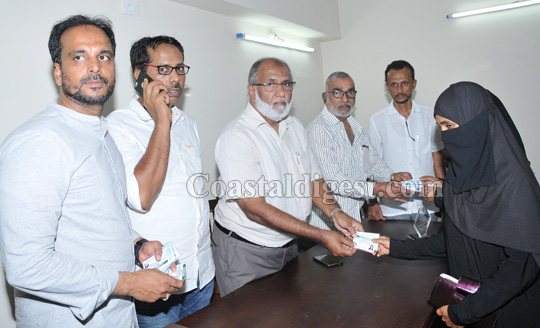
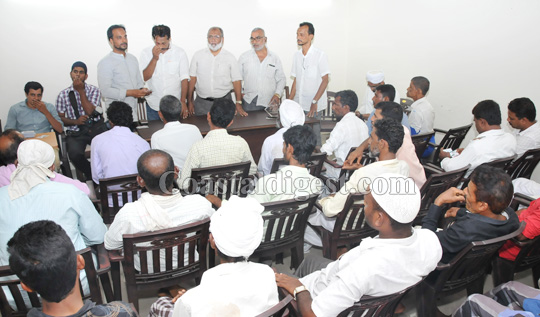
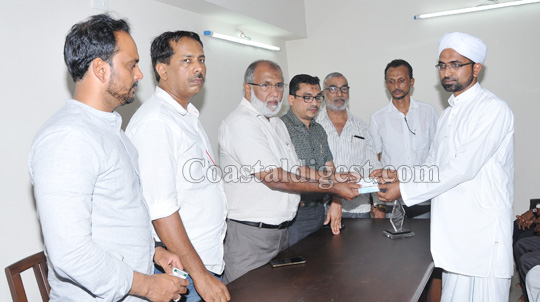
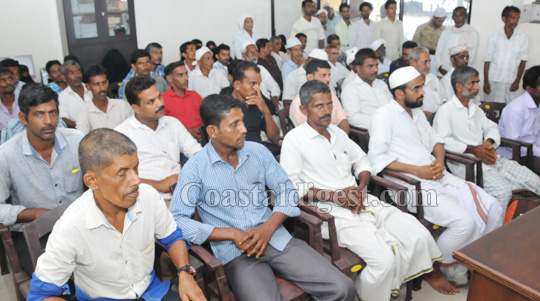
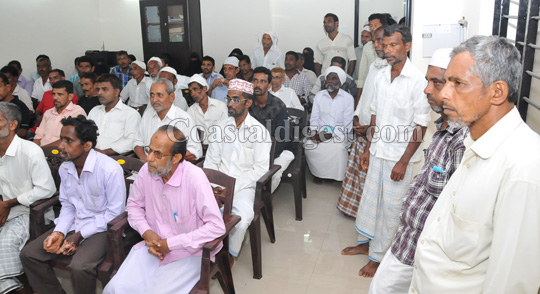
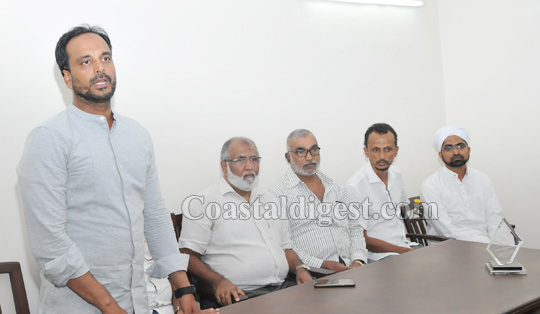
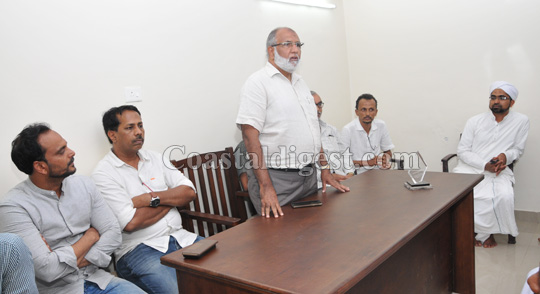
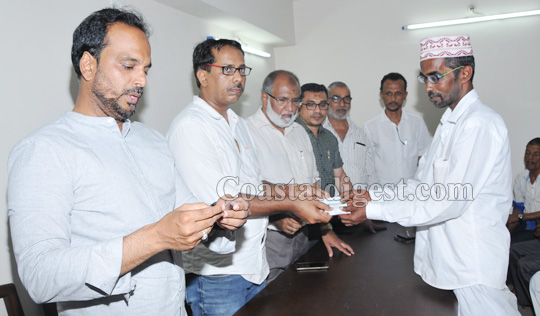
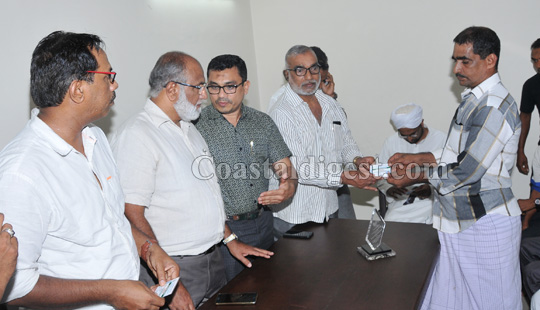
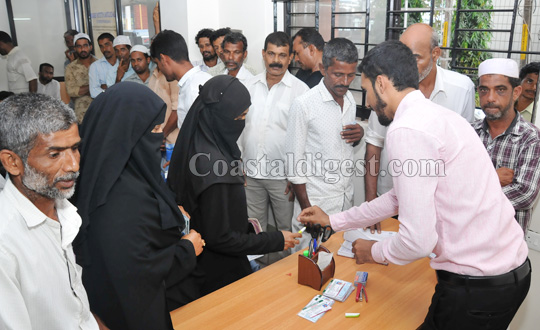




Comments
Good Job.
Masha allah. Good job by DKMA.
Add new comment